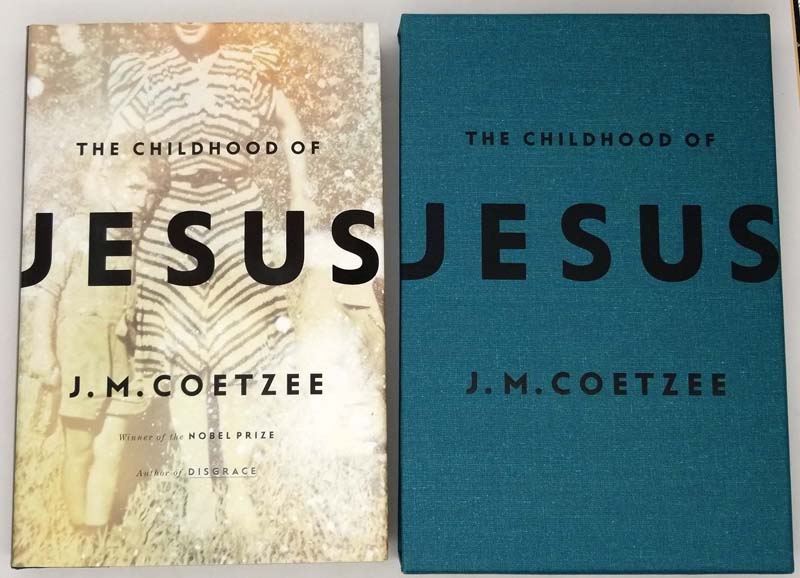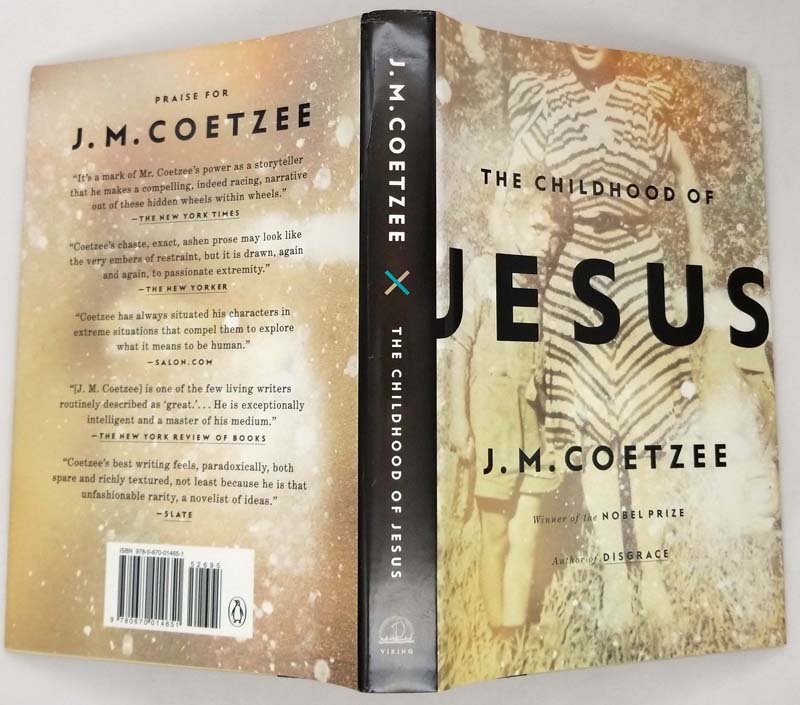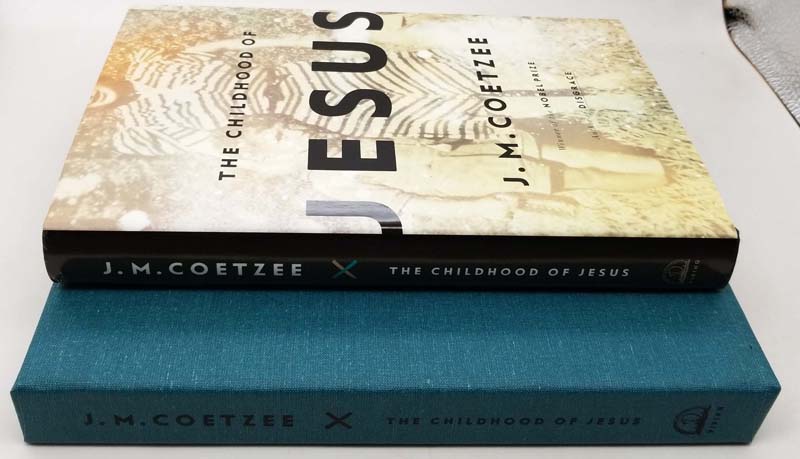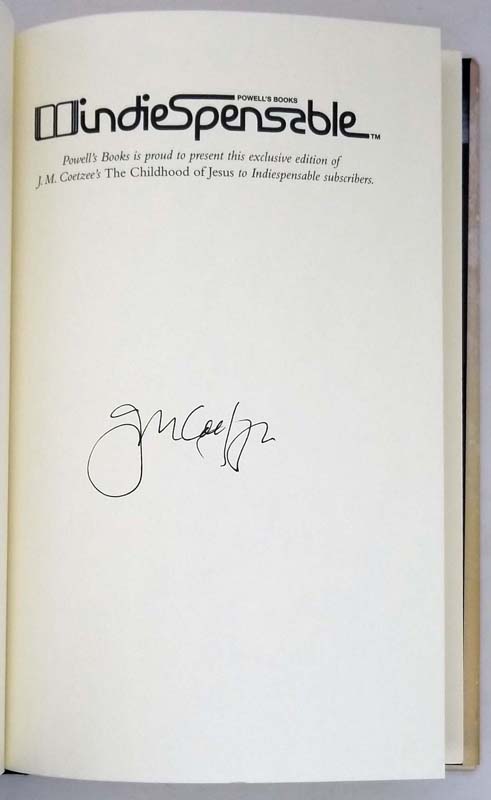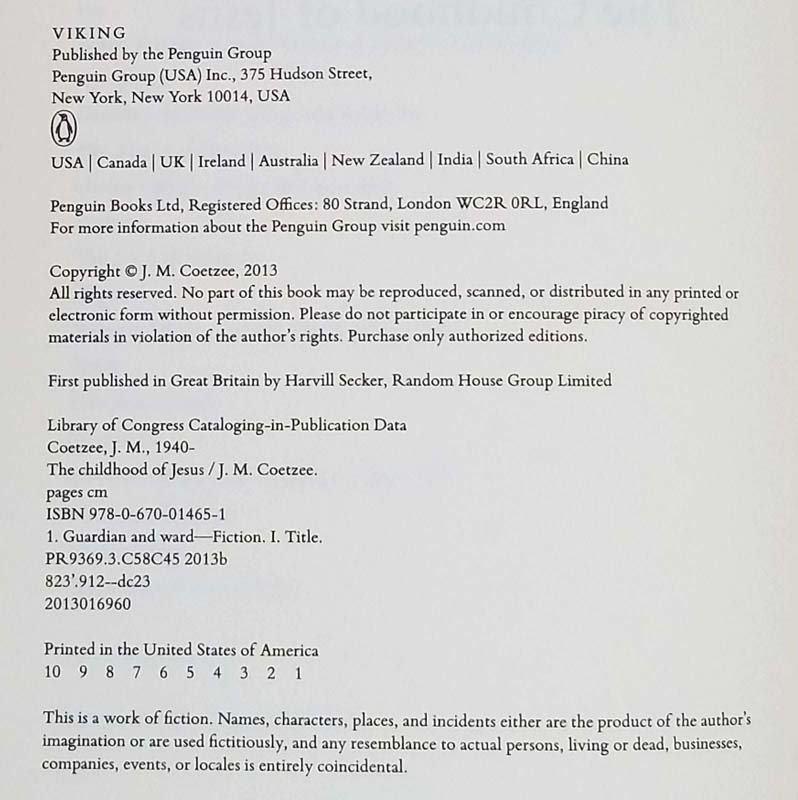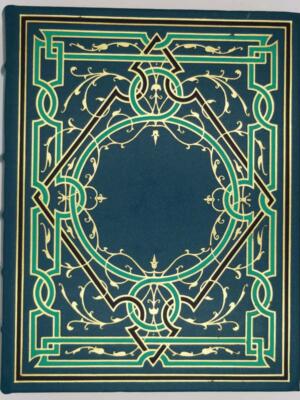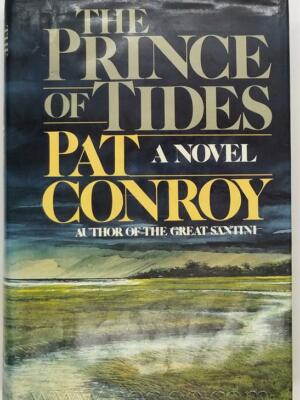The Childhood of Jesus (2013) by J. M. Coetzee is a haunting, enigmatic fable that blends allegory, philosophy, and spare, luminous prose to explore themes of identity, migration, and the search for meaning. The novel follows Simón, a middle-aged man who arrives with a young boy, David, in a nameless Spanish-speaking country—a bureaucratic, dreamlike land where newcomers are stripped of past identities and assigned new lives.
Simón, determined to reunite David with his “lost mother,” becomes fixated on Inés, a coldly enigmatic woman who reluctantly assumes the maternal role. David, a precocious and willful child, exhibits messianic traits—reading without teaching, claiming to “remember” things he’s never learned—while resisting societal norms. The novel’s unsettling power lies in its Kafkaesque ambiguity: Is this a dystopia? A parable of refugee trauma? A reimagining of the Holy Family?
Coetzee, a Nobel laureate and two-time Booker Prize winner , strips the narrative of exposition, leaving readers to grapple with elliptical dialogues and eerie repetitions (like David’s obsession with Don Quixote). The result is a provocative, polarizing meditation on storytelling, belief, and whether we can ever truly “start anew.”
